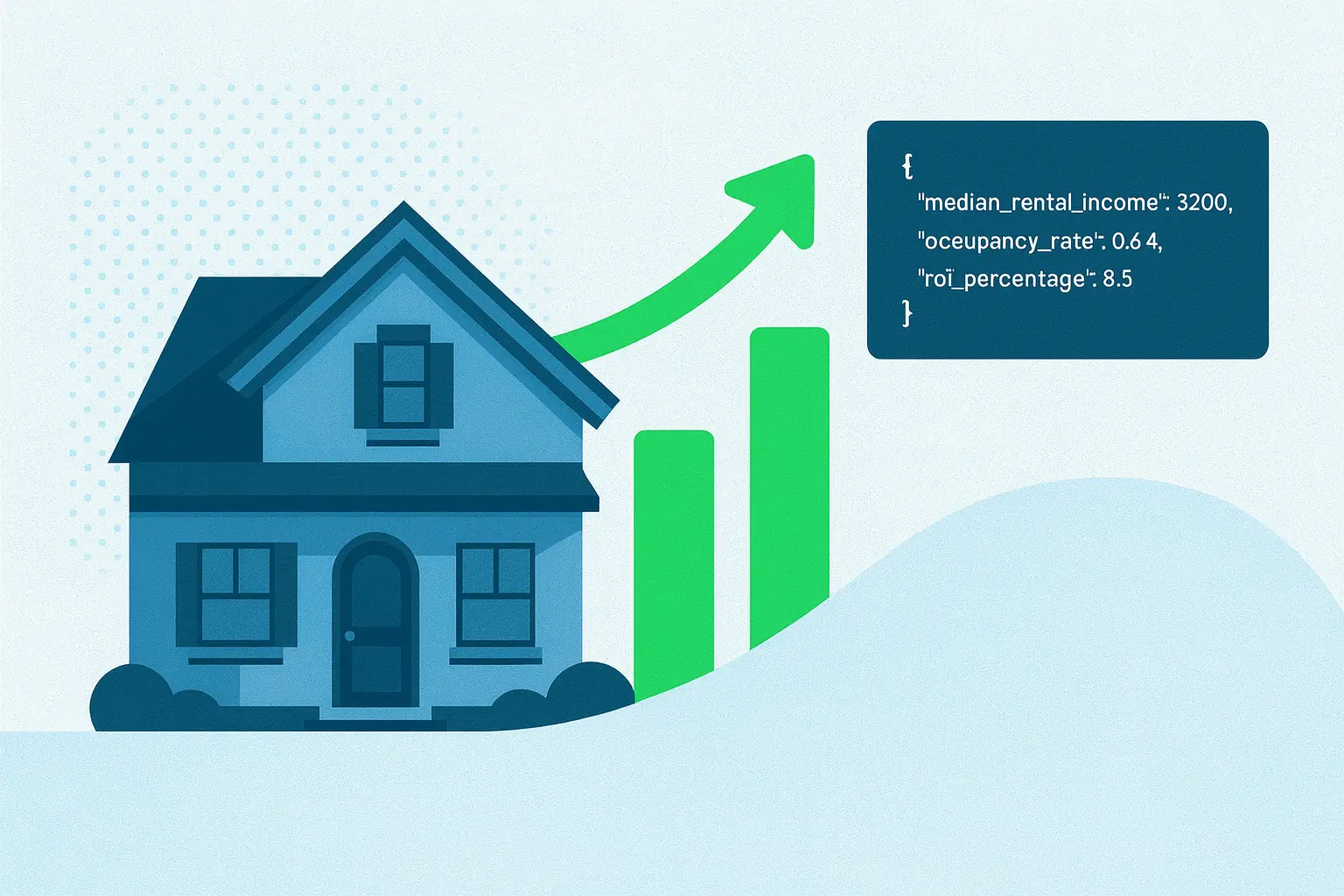Artwork on AI and property finance and work. NSW real estate.
Home seekers who turn to AI for financial advice risk being directed to buy properties in risky suburbs where they could lose hundreds of thousands, a new study claims.
The report by financial services group MCG Quantity Surveyors sought to measure the accuracy of AI-produced outputs on where property investors should buy.
The study concluded that AI often led investors down “rabbit holes no human would go” and gave questionable suggestions of the types of properties investors should be targeting.
It comes amid an explosion in buyer’s agencies offering AI-generated property data. These agencies often draw on AI to develop suburb shortlists of where investors can score better capital growth.
Individual investors were also leaning more on AI, with World Economic Forum data showing two in five Gen Z and Millennials in OECD countries would let AI manage their investments.
MORE: Problematic suburbs AI picked in Melbourne
MORE: AI’s QLD suburbs fail
In Australia, a national survey by credit reporting agency Experian showed 47 per cent of respondents already used or were considering AI-powered tools. This rose to 67 per cent for Gen Z respondents.
The MCG study concluded that the tech struggled to process complex property data.
There was also a suggestion that AI inherited biases from marketers of high-rise development projects as many of the locations AI flagged as good investment spots were high density areas.
Some had an oversupply of certain types of apartments that have kept home values lower over many years and have even resulted in cases of property owners selling their units for less than they paid.
One of the AI suggestions in Sydney was the purchase of two-bedroom units in Parramatta, a category of housing where prices were currently falling – a risk for investors.
Other suggestions such as Lakemba and St Marys did not match the basic search criteria of the study prompts and were also areas where AI failed to spot basic oversupply risk.
MCG Quantity Surveyors director Mike Mortlock.
Report author and MCG director Mike Mortlock said it was clear Aussies who were turning to AI in the home buying process needed to be careful.
“There are a lot of agencies saying they use AI,” he said. “There should be a word of caution around making huge financial decisions around it.”
Mr Mortlock said the suburbs and housing AI picked as good investments were problematic.
“AI selected units in areas that don’t outperform and at price points that didn’t match the prompts,” he said. “It would be hard to argue that these are good picks.
“It seemed to overvalue some keywords. In this case, it overly focused on rental yields.”
He speculated that AI may have inherited bias from web marketing content aimed at selling units in new high-rise apartment projects.
“Part of the problem is that we don’t know exactly what’s under the hood and what AI is drawing on to produce these outputs.
“There is a mystery to it. It could absorb bias and marketing that is available.”
Investor Cameron Galloway said he wouldn’t use AI for property research. Picture: Jonathan Ng
Mr Mortlock added that AI actually developed worse outputs as more property information was fed into it.
“It misrepresented data we had given it. It was quite a concern, it was hallucinating. The data accuracy wasn’t there.”
Mr Mortlock said the danger with AI was that it was “extremely good” at certain tasks and this could, over time, instil a belief among users that it could be trusted in every situation.
“It can lull you into a false sense of security,” he said.
“One gateway drug for AI is where you ask ‘write me a letter’ or ‘give me 10 email subject line ideas’ or ‘how should I respond to this’. It is really good at these sorts of things.
“Users start to think it is really sophisticated, but it is ultimately a language generating model. It can hallucinate. It is a huge concern if people start relying on it for financial advice.”
Investors Fei Yang Pan and Britta Wang have used AI to help with very basic research but a human touch was still necessary. Picture: Steve Pohlner
PropTech founder Aaron Scott said AI was prone to making assumptions about the user’s requirements, potentially leading investors astray.
Mr Scott, of real estate comparison platform bRight Agent, said property transactions were inherently about human interaction, motivations, and negotiation — factors AI was yet to master.
“AI really needs to understand the human asking for the advice before dishing out the advice itself,” he said.
Sydney property investor Cameron Galloway, who owns three properties bought with human help from buyer’s agency InvestorKit, said he didn’t trust AI.
“I think AI is not at that stage yet and sometimes it gives you the answer that you want rather than that you need to hear,” he said.
“It’s a little bit self-pleasing, so it’s a bit worrying.”
Investors Britta Wang and Fei Yang Pan have tapped into AI to turbocharge their portfolio, but warned a human touch was still needed.
The couple is on the hunt for their third investment, after buying their first in Wollongong, and used ChatGPT for data crunching.
Pressure at auctions and the sheer amount of time it takes to research property means many Aussies often feel they need help. Picture: Monique Harmer
Ms Wang, a 31-year-old IT professional, said she always balanced AI outputs with real-life insight.
“I give an address and ask if it’s worth buying,” she said, noting the large language model pulled similar reviews to Google.
The coupled stressed that AI was a starting point, not a final decision-maker.
“When you ask ChatGPT to give an analysis of a suburb it is based on data purely. There is no culture, emotion or local knowledge and that is where human beings need to come in.”
– With additional reporting by Viva Hyde and Owen Raymond



















 English (US) ·
English (US) ·